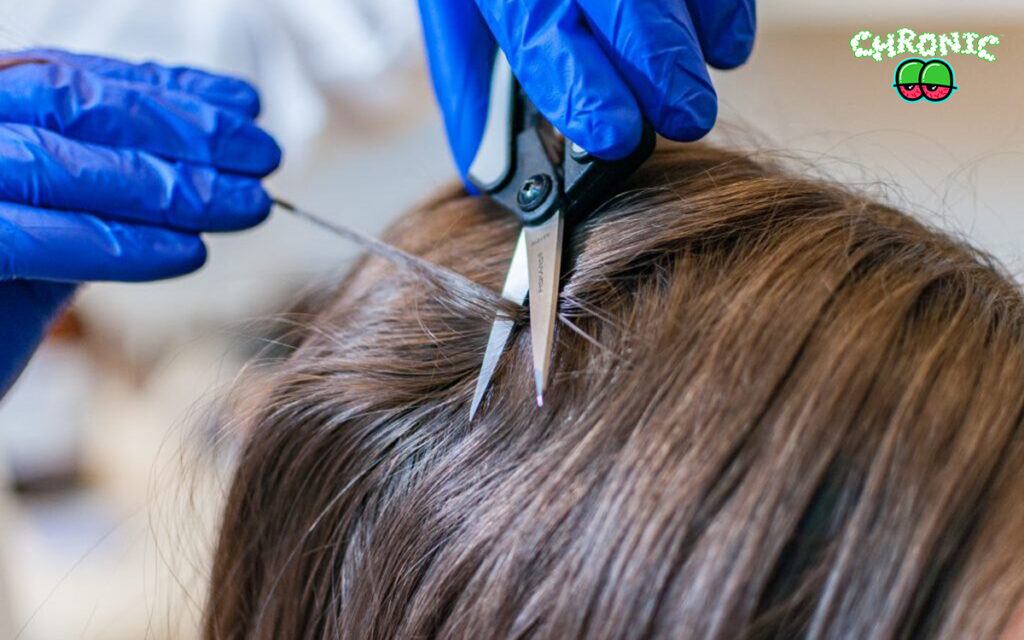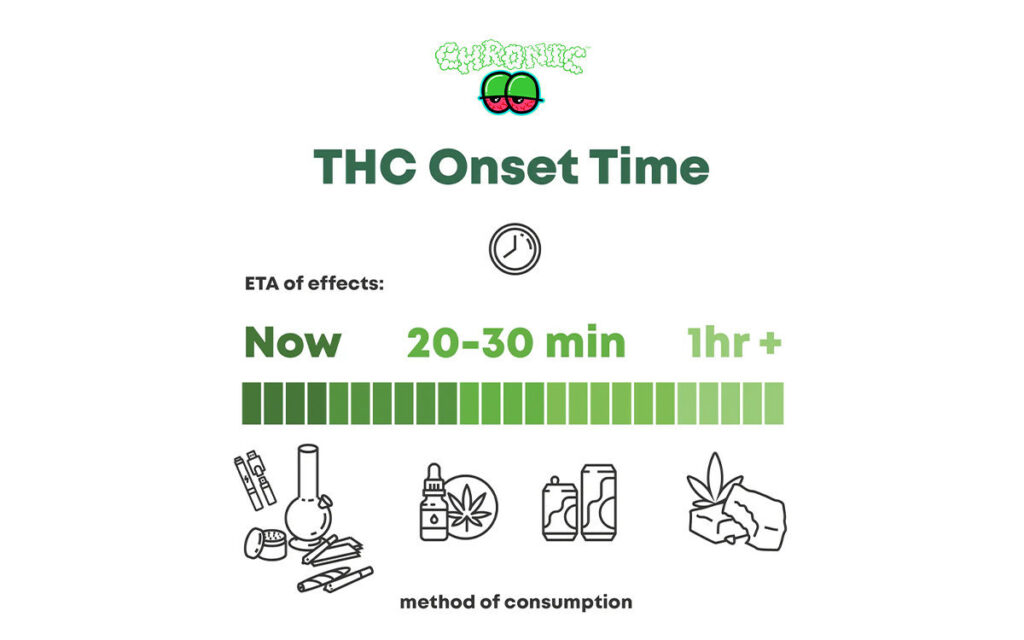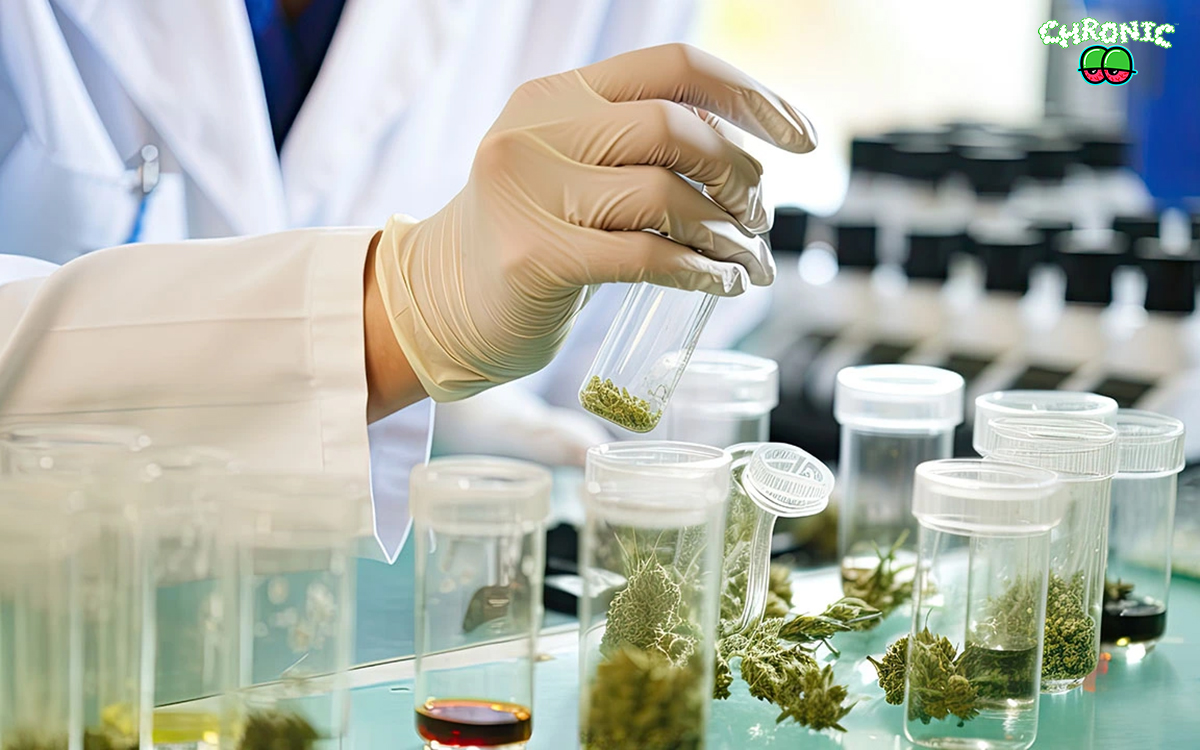Tetrahydrocannabinolic acid (THCA) is a cannabinoid derived from raw, unaltered cannabis and is the precursor to THC, the compound responsible for cannabis’s psychoactive effects.
THCA converts into THC through decarboxylation, a process triggered by heat when cannabis is smoked or vaporized. THCA is believed to have therapeutic potential, showing promise in managing inflammation, pain, and nausea, though more research is needed to confirm its effects.
How Long Does THCA Stay In System (Urine, Saliva, Hair, Blood)
Patterns of detectability of Tetrahydrocannabinolic acid (THCA) depend on testing methods, frequency of use, metabolism, and a few other individualizations. In urine, saliva, hair, and blood, the following breakdown applies:
Urine:
Urine tests detect THC-COOH, a metabolite of THCA, which builds up within the fatty cells and gets released with time.
- Occasional Use (1-3 times per week): 1-3 days detectable.
- Moderate Use (4-5 times a week): 7-10 days detectable.
- Chronic use (Everyday): Detectable for 15-30 days.
- Heavy chronic user (multiple times daily): 30+ days detectable.
Urine tests are one of the most popular as they have longer detection windows.
Saliva:
Saliva tests are conducted to confirm if active THC is present, not its metabolites, hence shorter detection.
- Occasional use: Detectable within 24-48 hours.
- Chronic use: Detection may last up to 72 hours, with some instances occurring on even longer duration.
Less invasive than urine analyses but not as effective in finding out whether someone is a long term or habitual user.
Hair:
Crowning evidence for long-term cannabis use is the detection of THC-COOH (a metabolite of THC) in hair strands, indicating its potential embedding in the hair structure.

THC metabolites can be detected in hair for up to 90 days, depending on factors such as hair length, usage patterns, and individual metabolism.
However, hair analysis may not reliably show evidence of very recent cannabis use, typically within the last 7-10 days, due to the time it takes for hair to grow and incorporate metabolites.
Blood:
Blood tests consider active THC in the bloodstream, therefore, serving for detecting recent consumption.
- Occasional Use: 1-2 days.
- Chronic Use: up to 7 days, longer for heavy users.
Blood tests are often used in situations requiring instant detection such as in accidents.
Factors influencing the period of detection:
- Frequency of consumption: A regular-heavy user will remain detectable longer than an occasional user.
- Body Composition: More fat means the metabolite is stored longer.
- Metabolism: Speedy metabolism results in quick clearing of metabolites.
- Hydration and Exercise: Being hydrated and active may lessen detection time-after all, slightly.
- Test Sensitivity: State-of-the-art testing might even be able to detect lower metabolite levels.
Detection times are quite individual and dependent on personal parameters. They should thus be assumed to provide general understanding, while they may vary from one person to another.
How long does THCA stay in your urine?
The length of time Tetrahydrocannabinolic acid (THCA) remains detectable in urine depends on factors such as frequency of use, body composition, and individual metabolism. Urine tests do not measure THCA levels directly; instead, they detect traces of THC-COOH, a metabolite stored in fat cells and released into the system over time.
Read About: Is THCA Pre-Rolls safe to smoke?
Detection time of such metabolites varies over the following ranges:
- Occasional Users (1-3 times a week): THC-COOH usually will be detectable in just 1-3 days after use.
- Moderate Users (4-5times a week): Detection may extend up to 7-10 days.
- Daily Users: Metabolites can stay for about 15-30 days or even longer.
- Heavy Daily Users: In some extremes where an individual is using multiple times in a day, THC-COOH can still be detectable even after perhaps 30 days; this is more observed in cases with high fat composition and slower metabolisms.
Urine tests currently form the most popular category of drug tests since they have relatively longer detection windows when compared to blood and saliva.
How long do edibles stay in your system delta 8?
Different cannabis products and different types of edibles have varying effects on the duration of time they stay inside an individual’s system.
However edibles collectively take longer to enter the bloodstream compared to delta-8 inhalation because of digestion and liver metabolism-in prolonged time periods. This contributes to the longer time during which delta-8 THC or its metabolites remain even longer measurable.
In urine tests, which are by far the most common drug screening method, delta-8 THC metabolites (THC-COOH) would typically show in detection for 2-7 days for occasional users. For daily users, one may say even 1-2 weeks, whereas chronic consumers may test positive for even more than 30 days for this compound because it multitasks and lives in fat cells.

Blood testing has a detection time shorter than that of metabolites, being active delta-8 THC. A casual user might lean on the positive side for a test from roughly 1 to as much as about 2 or more days; a chronic user, on the other hand, could possibly give a positive result of up to 7 days. Blood sample testing is, therefore, applicable for an event like this, or on impairment evaluations.
For instance, saliva tests are capable of showing delta-8 THC traces for up to 1-2 days in occasional users, and for more than 72 hours in frequents. Even though they are not as common, they are used for rapid non-invasive detection.
Delta-8 THC use can be detected in hair samples for up to three months if the hair is at least 90 days long. However, this method is rarely used due to its high cost and inability to determine whether the person used Delta-8 THC within the past week.
The duration Delta-8 THC edibles remain in the body varies based on individual factors such as metabolic rate, body fat percentage, and dosage. Therefore, general timelines serve as helpful reference points for guidance.




